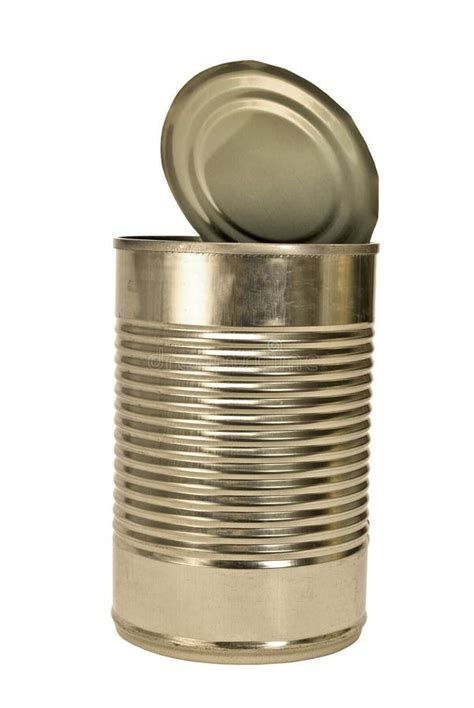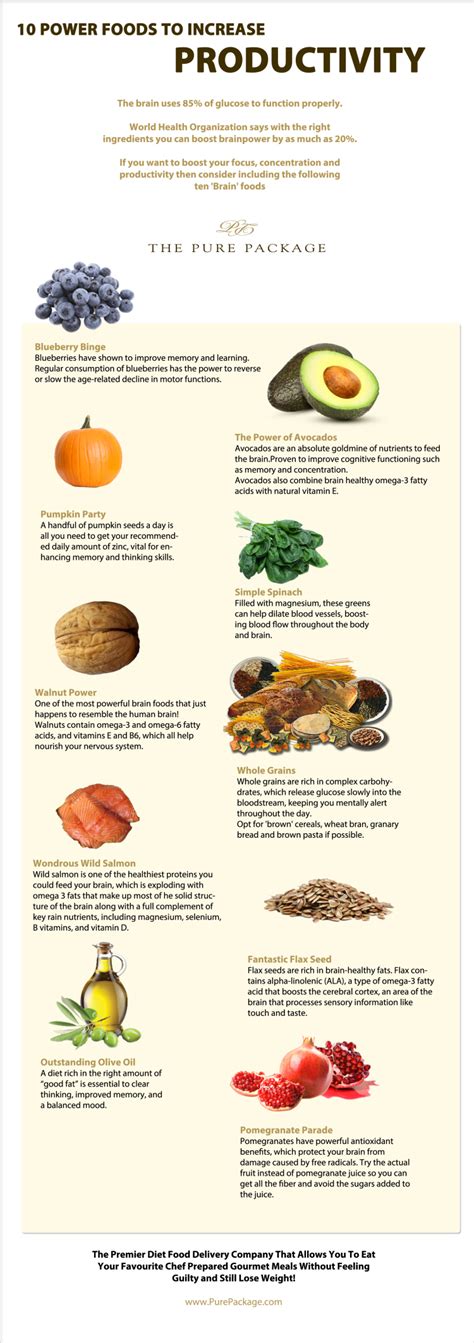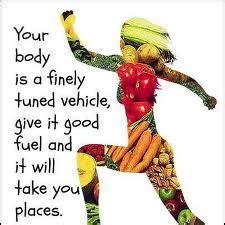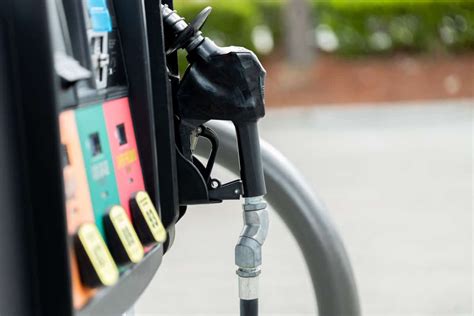Smart Strategies for Fuel Economy and Driving Enjoyment
For many, the idea of maximizing Miles Per Gallon (MPG) often conjures images of sluggish driving or compromising a vehicle’s inherent power and responsiveness. However, achieving significant fuel savings doesn’t mean turning your car into a fuel-sipping bore. In fact, many of the best practices for fuel efficiency actually contribute to better vehicle health and a smoother, more controlled driving experience. The key lies in understanding how your driving habits and diligent vehicle maintenance directly impact both fuel consumption and overall performance.

Optimize Your Driving Habits
Your personal driving style has the most immediate and significant impact on your vehicle’s fuel economy. Aggressive acceleration and hard braking are not only fuel guzzlers but also put unnecessary strain on your engine and braking system, leading to premature wear.
- Smooth Acceleration and Braking: Think of a glass of water on your dashboard – drive without spilling a drop. Gentle starts and anticipating stops allow your engine to operate more efficiently and reduce the need for sudden power demands or harsh brake applications.
- Maintain a Consistent Speed: Utilize cruise control on highways whenever possible. Fluctuations in speed, even minor ones, require more fuel. Finding the “sweet spot” speed for your vehicle (often between 45-60 mph) can dramatically improve MPG.
- Minimize Idling: If you’re going to be stopped for more than 30 seconds (excluding traffic stops), it’s generally more fuel-efficient to turn off your engine and restart it. Modern starters are designed for this.
- Anticipate Traffic: Look ahead. If you see brake lights far down the road, ease off the accelerator early rather than rushing to the traffic and then slamming on the brakes. This conserves momentum and fuel.

By adopting these smoother driving practices, you not only save fuel but also extend the life of your engine, transmission, and brakes, all while maintaining a commanding and responsive feel behind the wheel.
Regular Maintenance: Fuel-Saving Performance Booster
A well-maintained vehicle is inherently more fuel-efficient and performs better. Neglecting maintenance items can lead to a significant drop in MPG and a noticeable decline in power and responsiveness.
- Proper Tire Pressure: Underinflated tires increase rolling resistance, forcing your engine to work harder. Check your tire pressure regularly (at least once a month) according to your vehicle’s specifications, usually found on a sticker in the driver’s side door jamb or owner’s manual. Correct tire pressure also improves handling and safety.
- Engine Tune-Up: Ensure your spark plugs are clean and properly gapped, and that your air filter is not clogged. A dirty air filter restricts airflow to the engine, making it less efficient, while worn spark plugs can lead to misfires and wasted fuel. A healthy engine breathes easy and performs optimally.
- Use the Right Oil: Follow your manufacturer’s recommendation for oil type and viscosity. The correct oil minimizes friction within the engine, allowing components to move freely and consume less fuel. Regular oil changes keep your engine clean and efficient.
- Reduce Excess Weight: Every extra pound your vehicle carries reduces its fuel efficiency. Remove unnecessary items from your trunk or back seat – golf clubs, tools, or anything that doesn’t need to be there for every drive. Less weight means less work for your engine.
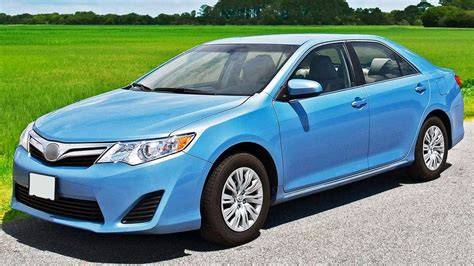
These maintenance steps are fundamental not just for saving fuel, but for ensuring your vehicle runs at its peak performance, delivering the power and handling you expect.
Strategic Choices for Enhanced MPG
Beyond immediate driving habits and routine maintenance, there are other considerations that can contribute to better fuel economy without detracting from your driving experience.
- Aerodynamics: Roof racks, cargo carriers, and even open windows at highway speeds create drag, increasing fuel consumption. If you don’t need a roof rack, take it off. If you’re driving at higher speeds, using your AC can sometimes be more efficient than driving with windows down due to reduced drag (though AC also uses fuel, the balance shifts at higher speeds).
- Route Planning: Utilize GPS and traffic apps to find the most efficient routes. Avoiding congested areas, stop-and-go traffic, and unnecessarily long detours can save a significant amount of fuel and time. Combining multiple errands into one trip also helps reduce cold starts, which are less fuel-efficient.
- Fuel Quality: While premium fuel isn’t always necessary unless specified by your manufacturer (and won’t magically boost MPG in an engine not designed for it), using good quality fuel from reputable stations helps keep your engine clean and running efficiently, indirectly supporting optimal performance and economy over time.
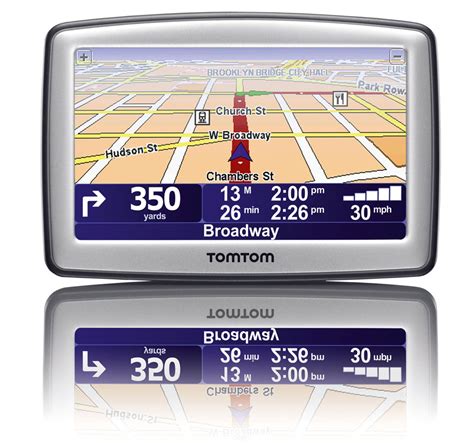
These broader strategies help create an environment where your vehicle can perform at its most efficient, allowing you to enjoy your drive while keeping fuel costs down.
Conclusion: Driving Smart, Not Slowly
Maximizing your vehicle’s MPG without sacrificing performance isn’t about compromising; it’s about optimizing. By adopting smoother driving habits, committing to regular and thorough maintenance, and making smart choices about your vehicle’s load and your routes, you can significantly reduce your fuel consumption. These practices don’t just save you money; they also lead to a more responsive, reliable, and enjoyable driving experience. It’s about being a smarter driver and a more diligent vehicle owner, ensuring your machine delivers both economy and exhilaration.

